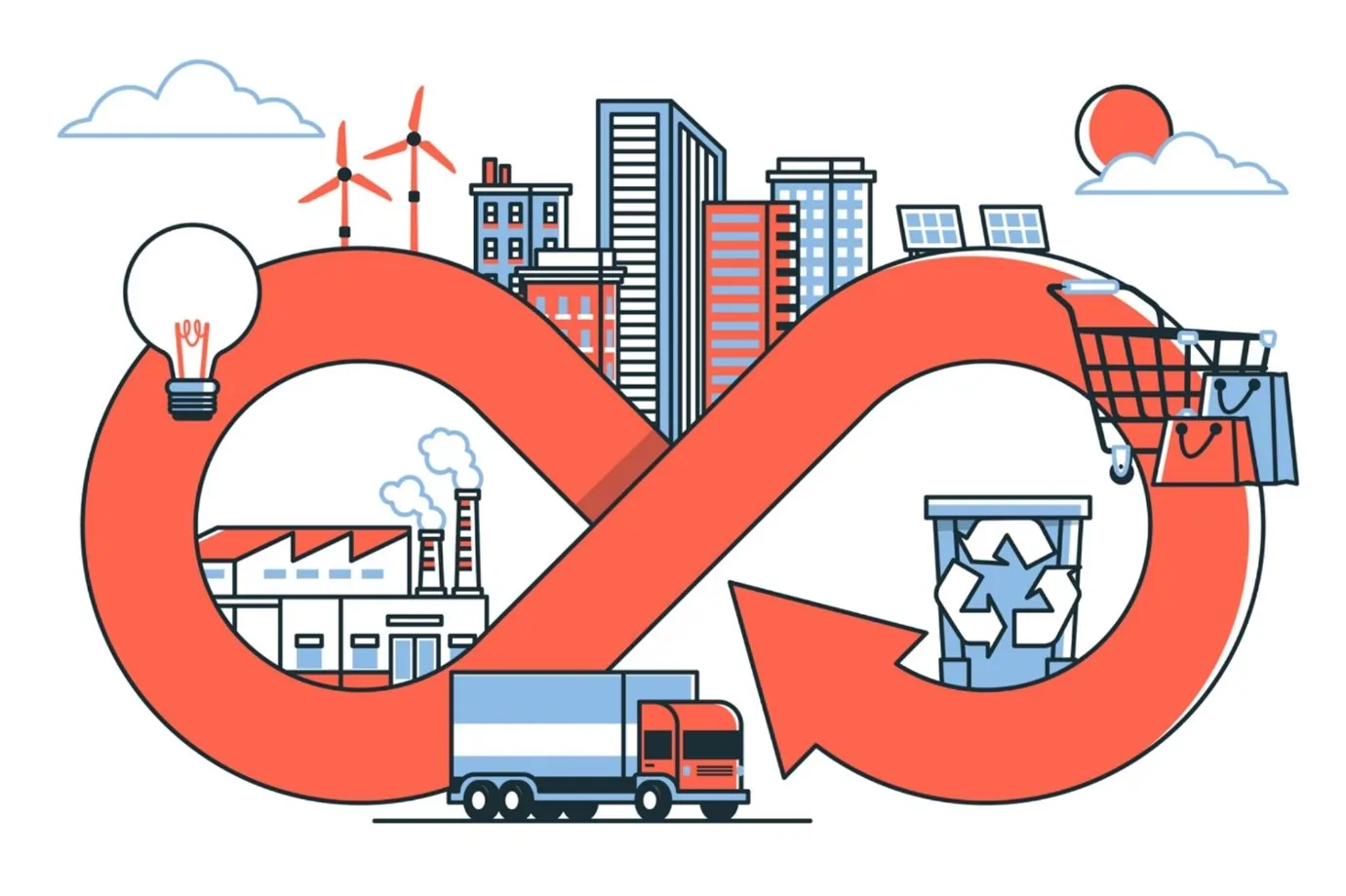The Flutterwave scandal has recently captured headlines and stirred discussions within the financial technology sector. As a leading fintech company in Africa, Flutterwave’s reputation and integrity are under intense scrutiny. This article delves into the intricacies of the scandal, exploring its origins, key events, and potential implications for the fintech industry.
The Rise of Flutterwave
A Promising Start
Flutterwave, founded in 2016, quickly established itself as a dominant player in the African fintech landscape. The company’s innovative solutions facilitated seamless transactions across borders, earning it partnerships with global giants like PayPal and Visa. By 2020, Flutterwave had processed over $1 billion in transactions, showcasing its rapid growth and widespread acceptance.
Expansion and Success
With its headquarters in Lagos, Nigeria, Flutterwave expanded its services to over 33 African countries. The company attracted significant investments from venture capital firms, raising over $200 million in funding rounds. Its success story inspired numerous startups, positioning Flutterwave as a beacon of potential within the African fintech ecosystem.
The Emergence of the Scandal
Allegations and Initial Reports
In early 2024, reports began surfacing about potential misconduct within Flutterwave. Allegations ranged from financial irregularities to ethical breaches. These claims, initially dismissed as rumours, gained traction when former employees and industry insiders started sharing their experiences and evidence.
Key Figures Involved
The scandal implicated several high-ranking officials within Flutterwave. Among them were the CEO and co-founders, whose roles and decisions came under intense scrutiny. The involvement of these key figures raised questions about the company’s governance and internal controls.
Investigation and Revelations
Regulatory Scrutiny
Following the allegations, regulatory bodies in multiple countries launched investigations into Flutterwave’s operations. These probes aimed to uncover the truth behind the accusations and ensure compliance with financial regulations. The findings revealed several discrepancies, including misreported financial statements and unapproved transactions.
Internal Audits and Whistleblower Accounts
In response to the growing pressure, Flutterwave conducted internal audits to assess the validity of the claims. Whistleblower accounts played a crucial role in these investigations, providing insights into the company’s operations and highlighting areas of concern. The audits confirmed several instances of misconduct, leading to widespread outrage and demands for accountability.
ALSO READ: Picuki: The Ultimate Guide to Instagram Viewer and Editor
Implications for the Fintech Industry
Trust and Reputation
The Flutterwave scandal has far-reaching implications for the fintech industry. Trust and reputation are paramount in financial services, and the scandal has eroded confidence in the sector. Investors and customers alike are now more cautious, scrutinising the operations and governance of fintech companies.
Regulatory Changes
In the wake of the scandal, regulatory bodies are expected to tighten their oversight of fintech firms. Stricter compliance requirements and enhanced transparency measures will likely be implemented to prevent similar incidents in the future. These changes aim to restore confidence and protect stakeholders from potential malpractices.
Industry-Wide Reforms
The scandal has also prompted calls for industry-wide reforms. Stakeholders are advocating for improved corporate governance, ethical standards, and accountability mechanisms within fintech companies. These reforms are essential to fostering a sustainable and trustworthy fintech ecosystem.
Lessons Learned
The Importance of Governance
The Flutterwave scandal underscores the critical importance of robust governance structures. Effective oversight and accountability mechanisms are essential to preventing misconduct and ensuring ethical business practices. Companies must prioritize transparency and establish clear protocols for decision-making and financial reporting.
Whistleblower Protections
The role of whistleblowers in exposing the scandal highlights the need for strong protections and support systems. Encouraging employees to report unethical behaviour without fear of retaliation is crucial for maintaining integrity within organisations. Implementing secure channels for whistleblowing can help detect and address issues promptly.
Ethical Leadership
Leadership plays a pivotal role in shaping an organisation’s culture and values. The Flutterwave scandal emphasises the need for ethical leadership that prioritises the interests of all stakeholders. Leaders must lead by example, fostering a culture of integrity and accountability throughout the organisation.
FAQs
Q: What triggered the Flutterwave scandal?
A: The scandal was triggered by allegations of financial irregularities and ethical breaches within the company, brought to light by former employees and industry insiders.
Q: How has the Flutterwave scandal impacted the fintech industry?
A: The scandal has eroded trust and confidence in the fintech industry, prompting regulatory changes and calls for improved corporate governance and ethical standards.
Q: What measures can fintech companies take to prevent similar scandals?
A: Fintech companies can prevent similar scandals by implementing robust governance structures, fostering a culture of ethical leadership, and providing strong protections for whistleblowers.
Q: What role did whistleblowers play in the Flutterwave scandal?
A: Whistleblowers provided crucial insights and evidence that helped uncover the misconduct within Flutterwave, highlighting the importance of secure channels for reporting unethical behaviour.
Q: What are the potential long-term effects of the Flutterwave scandal?
A: The long-term effects may include stricter regulatory oversight, industry-wide reforms, and increased scrutiny of fintech companies’ operations and governance.
Conclusion
The Flutterwave scandal serves as a stark reminder of the challenges and risks within the fintech industry. As the sector continues to evolve, it is imperative for companies to uphold the highest standards of ethics and governance. By learning from this incident, the industry can emerge stronger, more resilient, and better equipped to serve its customers and stakeholders.


